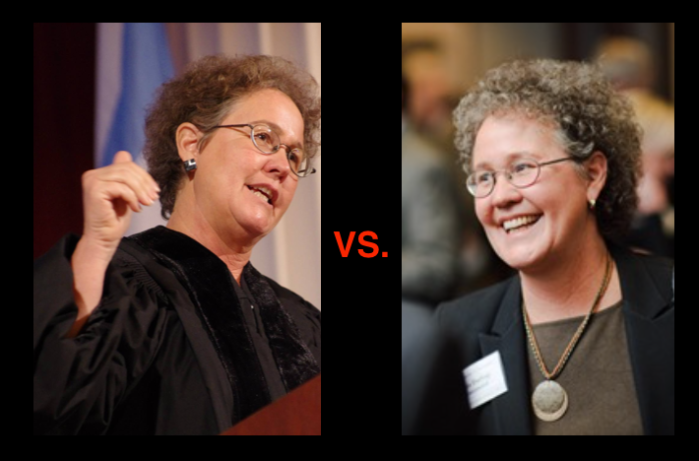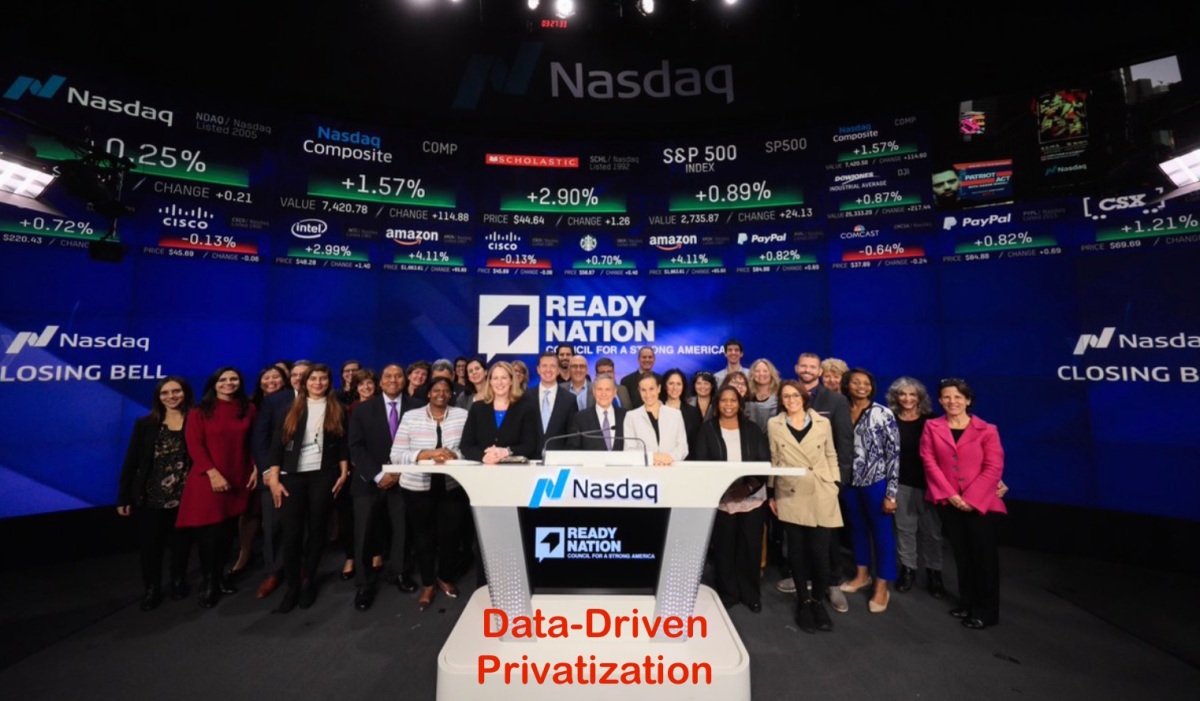Impossible to Regulate Deregulated Charter Schools | Dissident Voice
Impossible to Regulate Deregulated Charter Schools
Regulations have to do with what is allowed and what is not allowed. They establish what an individual, organization, or business can or cannot do. Regulations shape behaviors, actions, conduct, aims, and outcomes.
Regulations are often used in self-serving ways by different factions of the rich to benefit themselves while disadvantaging other wealthy competitors. Those with the most political-economic power hold sway and fashion regulations as they alone see fit. As in other spheres of capitalist life, “might makes right.” Power, not reason or principles, dominates affairs. The main point is that regulations, like laws and policies, are always political. They have a class character to them. Regulations are not neutral or above class interests because we do not live in a classless society.
The main question is who is creating or eliminating regulations and for what aims? The key issue is not whether regulations are “good” or “bad”, per se, or how many or how few there are, but which one of the two major classes in society do they serve? Regulations are a tool of class warfare. There is a big difference, for example, between capital-centered regulations verses human-centered regulations. The former serve the wealthy few who dominate society while the latter serve the common good.
Regulations and regulators have, of course, frequently failed to block many “bad behaviors” and problems. Regulation does not always work. Regulation does not automatically guarantee quality or progress. A major example of the failure of regulations and regulators is the Wall Street engineered economic crash of 2008 that has left most economies in awful shape for the last 10 years—with no real and sustainable improvement in sight. Indeed, it appears that there is no returning to even substandard pre-2008 economic levels. Multiple regulatory agencies that have been around for decades did not prevent this still-unfolding economic catastrophe that the mainstream media keeps trying to downplay.
In today’s context, having no regulations (deregulation) guarantees chaos, anarchy, and violence—key features of the “free market.” A rules-free environment ensures that only the “strongest” and “fittest” “survive” within the “free market” while the majority keeps losing. Deregulation has little to do with “accountability,” “innovation,” or prosperity and security for all.
Since the late 1970s deregulation has been a major feature of the neoliberal antisocial offensive of the rich to counter the inevitable falling rate of profit under capitalism. Governments at home and abroad have been wreaking havoc in their societies as a result of phony austerity agendas launched to save the rich. Deregulation goes hand in hand with privatization, a major form of which is contracting. Deregulating public agencies and enterprises (e.g., education) allows for greater privatization, often through contracting and public-private “partnerships.” This capital-centered arrangement always increases the wealth of private interests and diminishes the wealth of the public. It is not a “win-win” situation.



















